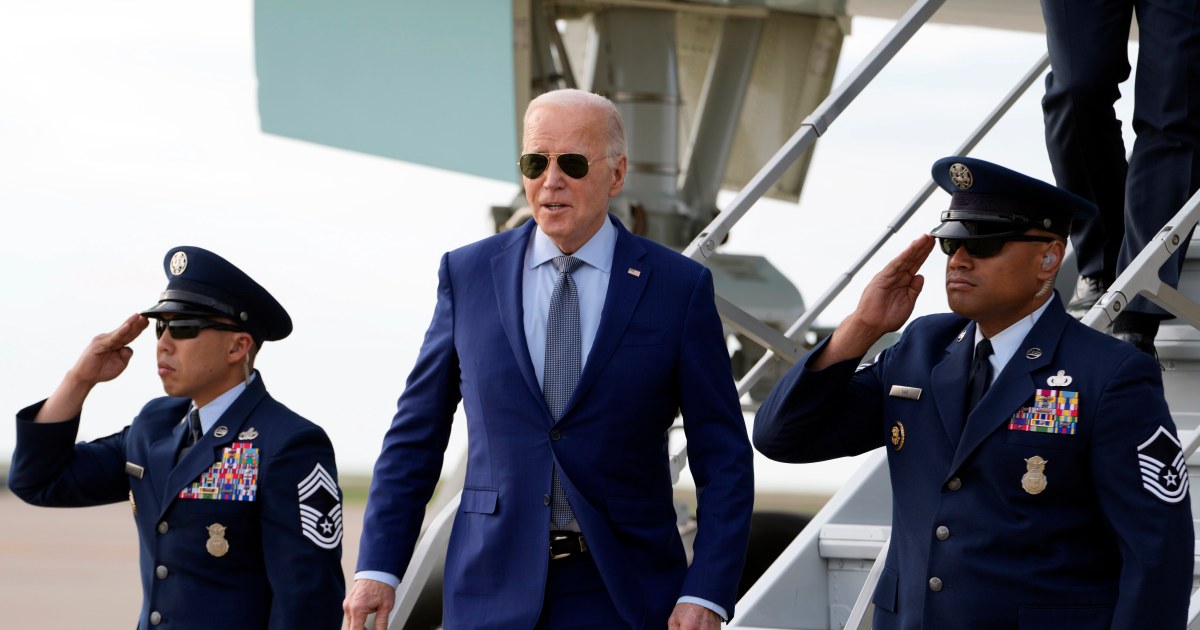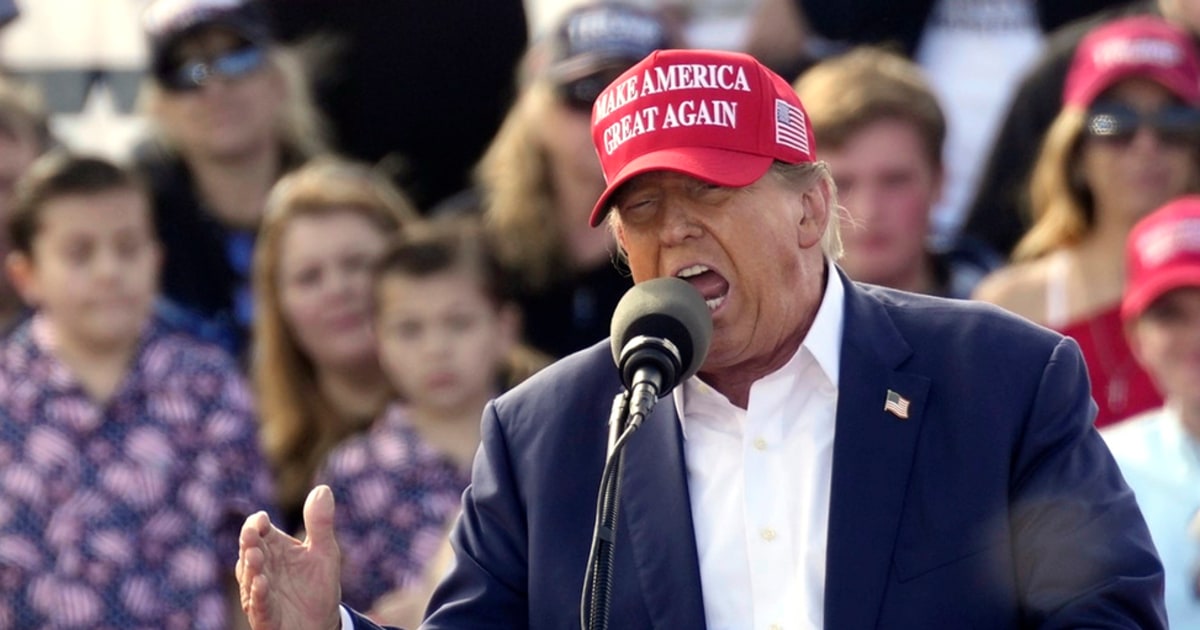- Click to share on Facebook (Opens in a new window)
- Click to share on Twitter (Opens in a new window)
- Click to share on LinkedIn (Opens in a new window)
- Click to email a friend (Opens in a new window)
(CNN) - The head of the World Health Organization defended the organization's response to the coronavirus pandemic on Wednesday, and at one point responded directly to criticism by President Donald Trump.
The organization's initial response to the outbreak has come under increasing scrutiny as global cases soar to more than 1 million. Trump threatened Tuesday to withdraw US funds for the organization, only to later back down that threat.
Please don't politicize this virus. That exploits the differences that exist at the national level. If you want to be exploited and you want to have many more body bags, then do it, ”said WHO Director-General Tedros Adhanom Ghebreyesus at a press conference in Geneva, Switzerland. "If you don't want many more body bags, then refrain from politicizing it. My short message is: quarantine the covid politicization. Your country's unity will be very important in defeating this dangerous virus. ”
Tedros outlined a timeline of actions his organization took in response to the crisis.
On New Year's Day, a day after China reported a cluster of cases in Wuhan that was later determined to be the new coronavirus, the agency activated its Incident Management Support Team to coordinate its response at headquarters, the regional headquarters and the country, said Tedros.
On January 5, WHO notified all member states of the new outbreak and published news of the outbreak on its website. Next, on January 10, it published a “comprehensive guidance package” for countries on how to detect and evaluate potential cases.
In late January, after the first cases of community spread outside of China were reported, the WHO "declared a public health emergency of international concern, our highest level of alarm," Tedros said Wednesday.
The United Nations crisis management team was activated in early February to help with the response.
“We said that we have been doing everything we can, but we will continue to do everything, day and night, as we have been doing to save lives. We don't want to waste time, "said Tedros. He added that the organization conducts a post-action assessment when faced with a serious new public health concern such as the coronavirus.
"We will do our assessment by identifying strengths and weaknesses," said Tedros, adding that the WHO wants to learn how to lessen the pandemic.
Trump blames health organization
During a press conference at the White House on Tuesday, Trump criticized the WHO, alleging that he had downplayed the virus and threatened to withdraw funds for the organization, although he later backed down on that claim. "I'm not saying I'm going to do it, but we're going to analyze it," he said.
In particular, Trump has criticized the WHO for not supporting his travel restrictions with China. A CNN fact check found that although Trump is right that the WHO did not support his travel restrictions with China, the WHO opposes most international travel restrictions and sees them as ineffective ... Trump exaggerated his argument when He hinted that the WHO downplayed the virus.
On January 30, the WHO said it did not recommend any travel or trade restrictions, saying that "such measures may have a public health justification at the beginning of the outbreak containment phase," but that they should only be short-lived. duration, if they are more than 24 hours, because they are not very effective.
The WHO has been criticized for relying on official Chinese government figures related to the virus, figures that many officials doubt are accurate.
- For the first time since January, China does not report new deaths from coronavirus
It also received criticism for a January 14 tweet that the preliminary investigation by Chinese authorities had found no clear evidence of person-to-person transmission of coronavirus.
The WHO's declaration of the virus on January 30 as a "public health emergency of international concern" meant that the organization recognized that the virus posed an international threat beyond China. This was the day after the first cases of community spread outside of China were reported and the day before Trump restricted travel from China to the U.S.
On Tuesday, February 4, the organization said that while the virus had not yet reached pandemic levels, it was considered an epidemic with multiple locations; An epidemic is more than a normal number of cases of a disease.
On March 11, the WHO declared the virus to be a pandemic, meaning the worldwide spread of a new disease.
CNN's Kevin Liptak and Jacqueline Howard contributed to this story.
WHO Pandemic









